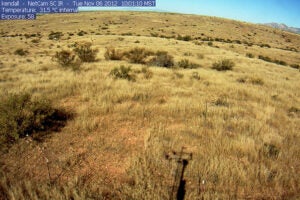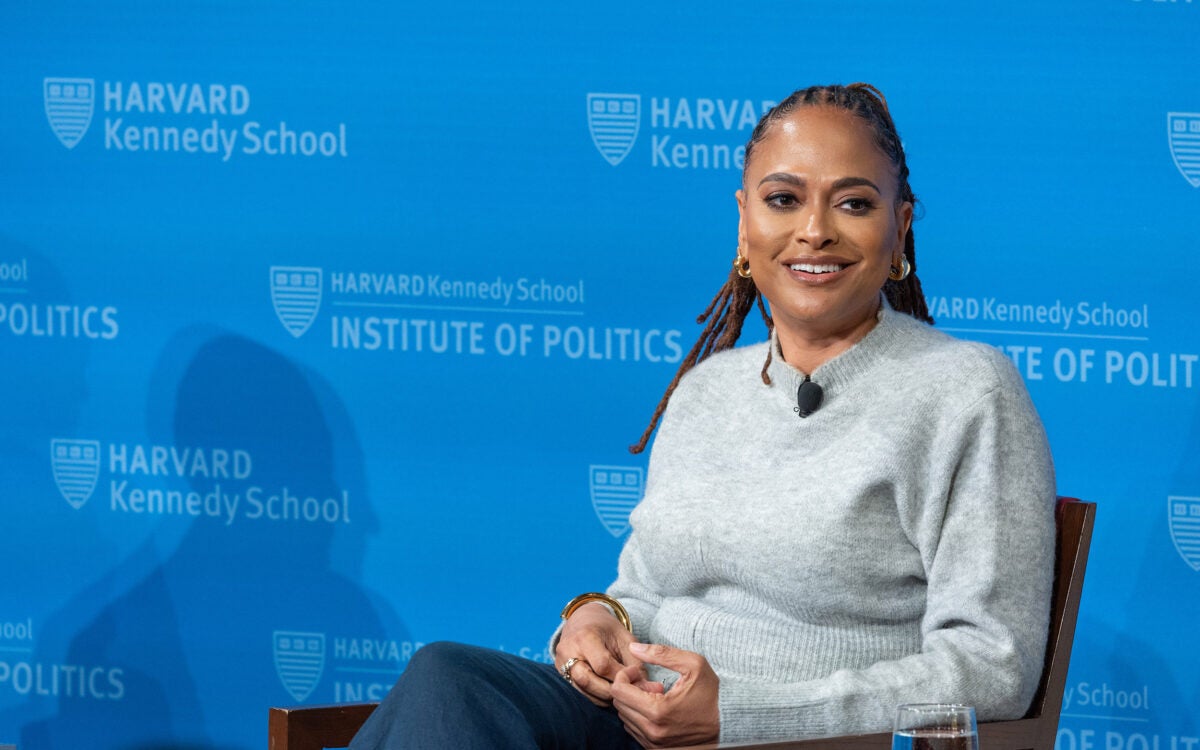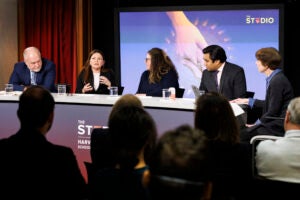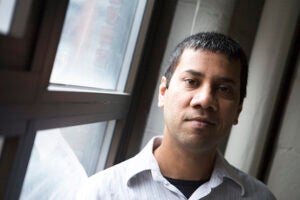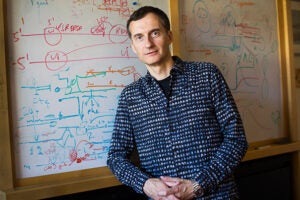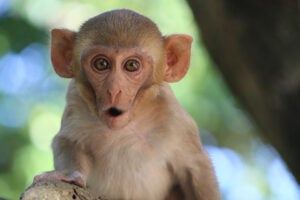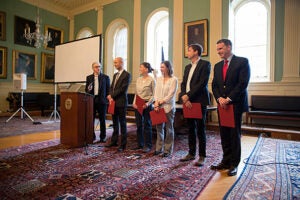Tag: Peter Reuell
-
Nation & World
What do we know about suicide? Not nearly enough
Despite decades of research aimed at understanding suicide, scientists are no better at predicting self-harm than they were a half-century ago.
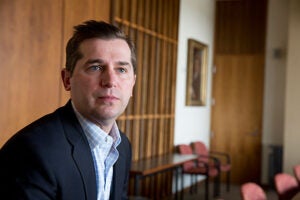
-
Nation & World
Science of stripes
Scientists have shown that to interrupt the development of pigment cells that form their stripes, African striped mice and chipmunks both use a gene that until now had been associated primarily with cranio-facial development.
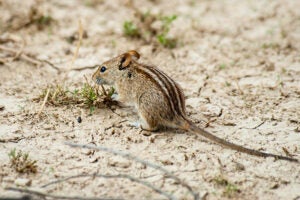
-
Nation & World
Science, meet YouTube
Harvard graduate student Molly Edwards is the creator and host of “Science IRL (In Real Life),” a YouTube channel she launched more than a year ago while working as a lab technician at New York University. The show is dedicated to taking viewers inside labs for an up-close-and-personal view of the day-to-day work of scientists.
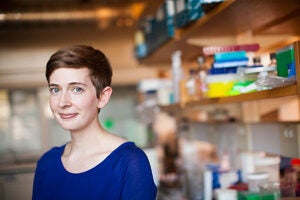
-
Nation & World
Peeking between memory and perception
Your brain is able to stitch together a coherent 360-degree panorama of the world around you, and now researchers are beginning to understand how.

-
Nation & World
Ten from Harvard named HHMI Faculty Scholars
Ten Harvard scientists have won the support of a new funding initiative by the Howard Hughes Medical Institute, the Simons Foundation, and the Gates Foundation.
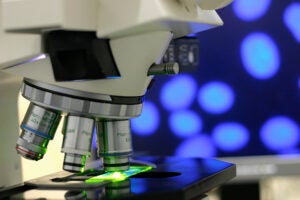
-
Nation & World
Rising to the challenge
Four Harvard students were among the finishers of the famed Leadville Trail 100 Run, a 100-mile race through the mountains of Colorado.
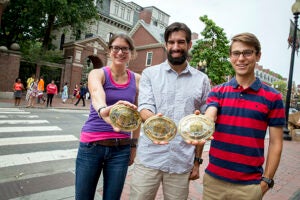
-
Nation & World
How the brain develops
In an effort to get a clearer picture of how the brain and the connections between its regions change throughout development, Harvard scientists and researchers from three other universities will share a $14 million grant to support one of the most comprehensive brain-imaging studies ever undertaken.
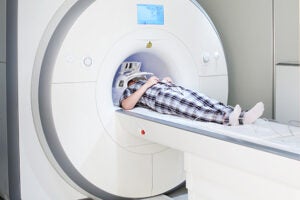
-
Nation & World
New way to model molecules
Scientists from Harvard and Google have demonstrated for the first time that a quantum computer could be used to model the electron interactions in a complex molecule.
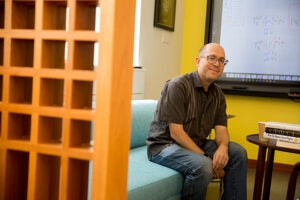
-
Nation & World
Religion as social unifier
There are plenty of things that make it possible for humans to live in large groups and pack into cities. New building techniques and materials, for instance, allow construction of…
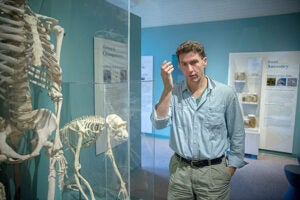
-
Nation & World
Similar designs, 100 million years apart
A study found that both Rusingoryx atopocranion, a relative of the wildebeest, and hadrosaur dinosaurs evolved large bony domes on their foreheads, which were likely used as resonating chambers to warn of predators and communicate with others.
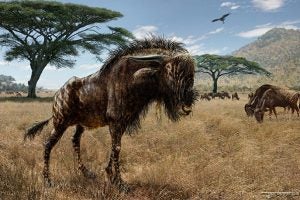
-
Nation & World
Minding the details of mind wandering
A new study sheds light on important differences between intentional and unintentional mind wandering.
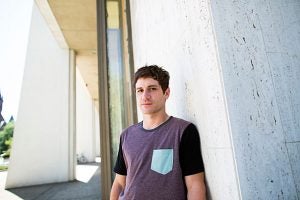
-
Nation & World
The parrot knows shapes
Despite a visual system vastly different from that of humans, tests showed the bird could successfully identify both Kanizsa figures and occluded shapes. The findings suggest that birds may process visual information in a way that is similar to humans.
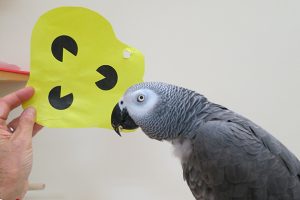
-
Nation & World
Auditory cortex nearly identical in hearing and deaf people
The neural architecture in the auditory cortex — the part of the brain that processes sound — of profoundly deaf and hearing people is virtually identical, a new study has found. The study could point the way toward potential new avenues for treating deafness.
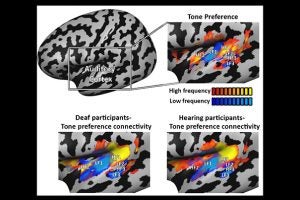
-
Nation & World
The bionic cardiac patch
Harvard Professor Charles Lieber and other scientists conducted a study that describes the construction of nanoscale electronic scaffolds that can be seeded with cardiac cells to produce a bionic cardiac patch.
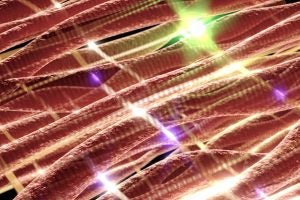
-
Nation & World
Eye-opening complexity
The findings of Professor Jeff Lichtman and postdoctoral fellow Joshua Morgan have unveiled unexpected neural complexity in the thalami of mice, potentially challenging a number of core tenets of brain science.
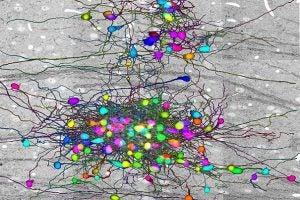
-
Nation & World
More time free from disability
Harvard researchers are among the co-authors of a new study saying that the increase in life expectancy in the past two decades has been accompanied by an even greater increase in years free of disability, thanks in large measure to improvements in cardiovascular health and declines in vision problems.
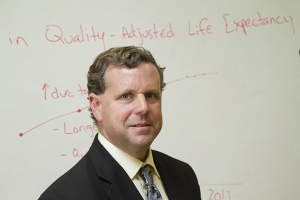
-
Nation & World
For groups in conflict, genes matter
Visiting professor Sasha Kimel examined whether information about genetic links can influence groups in conflict.

-
Nation & World
My dinner with Dr. Hawking
A day after attending Stephen Hawking’s talk at Harvard, reporter Peter Reuell received an invitation from Cumrun Vafa — would he be interested in attending a dinner party in Hawking’s honor?
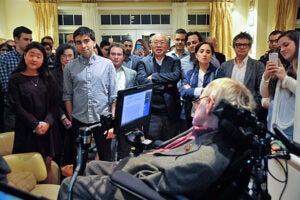
-
Nation & World
New weapons against agricultural pests
Using phage-assisted continuous evolution (PACE) technology developed by Harvard professor David Liu and his co-workers, a team of researchers has evolved new forms of a natural insecticidal protein called “Bt toxin,” which can be used to help control Bt toxin resistance in insects.

-
Nation & World
New view of germ cells
Cassandra Extavour is the author of a new study that points to a different mechanism as an ancestral process for specifying germ cells.
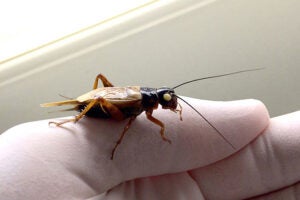
-
Nation & World
For life expectancy, money matters
A new study published in the Journal of the American Medical Association shows that income is closely correlated with life expectancy, with the richest Americans living as much as 15 years longer than the poorest — and even the poor living longer in wealthy areas.
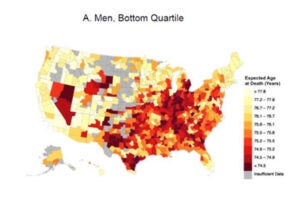
-
Nation & World
Marks of distinction
Sixty-five FAS employees from 45 departments were recognized with the annual Dean’s Distinction Awards.
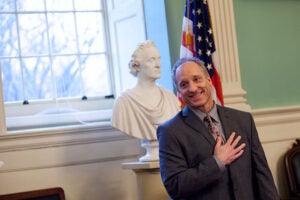
-
Nation & World
Warmer weather, finer wines
By examining more than 500 years of harvest records, researchers found that wine grape harvests across France, on average, now occur two weeks earlier than in the past, largely due to climate change. While earlier harvests are normally associated with higher quality wines, researchers caution the trend likely won’t last.
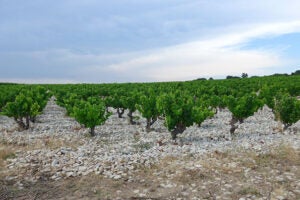
-
Nation & World
Big gains in better chewing
According to a new Harvard study, our ancestors between 2 and 3 million years ago started to spend far less time and effort chewing by adding meat to their diets and using stone tools to process food.
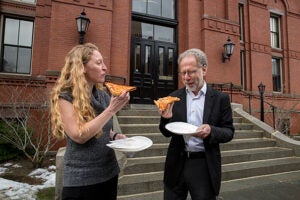
-
Nation & World
Study that undercut psych research got it wrong
A study last year claiming that more than half of all psychology studies cannot be replicated turns out to be wrong. Harvard researchers have discovered that the study contains several statistical and methodological mistakes, and that when these are corrected, the study actually shows that the replication rate in psychology is quite high.

-
Nation & World
The shifts from climate change
Grasslands across North America will face higher summer temperatures and widespread drought by the end of the century, a study says, but those negative effects should be offset by an earlier start to the spring growing season and warmer winter.
